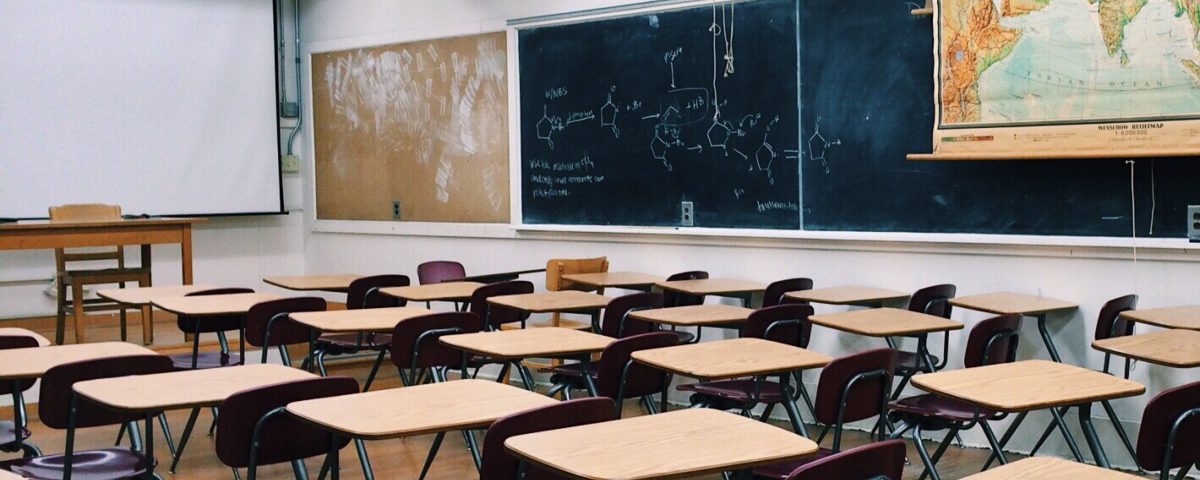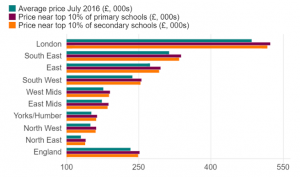The Irony of British State Education
Education used to be the realm of the wealthy aristocracy; to be educated was to be rich, while the impoverished masses remained illiterate and ignorant. Today it’s a human right of every child, as enshrined in Article 26 of the Universal Declaration of Human Rights.
Thus, all of our children are educated equally, regardless of economic background, and provided for free by the state. Right? Wrong.
State education has done little, if anything, to close up old class divides and ensure the best education for all children. While all children (at least in Europe) do indeed receive an education, the very best schools are still reserved for the wealthy few, while the rest are forced into subpar institutions with little prospect of improvement.
Politics of the Playground
The major issue with state schooling lies in the allocation system, i.e. the processes by which children are assigned to individual schools.
Take the UK for example; Although factors such as religion or special needs of the child can sometimes play a part, children are usually allocated to schools based on their area of residence, with certain parts of a town or city being ‘catchment areas’ for certain schools.
Thus, you don’t really get a say in where your child goes to learn. Unless there’s a specific need or reason, they’ll go to whichever school happens to fall within your area, regardless of the standard. This is where the problem lies; parents who want their children to get the best education possible without going private are incentivised to move within the area of the best state school.
Demand for housing within these areas therefore rises, resulting in higher prices. The effects of this can actually be seen; the graph below from the BBC shows how houses in the catchment areas of the best schools may cost as much as £18,600 more than the regional average.
The best state educations seem reserved for the wealthier of the respective region; if you can’t afford the higher housing costs, then you’ll have to settle for a worse school in the cheaper areas.
Even though state education was intended to provide equal schooling for all children, regardless of wealth, one can see that the wealthy remain privileged with the ability to pick and choose the best schools. Despite state education, the rich remain better educated than the poor.
Again, one can observe how poorer students typically receive a worse education than their wealthy counterparts. One report estimates that the poorest students of the UK are, on average, around two behind better-off students in their overall learning progress.
Why Not just Improve Schools in Poorer Areas?
One may wonder why schools in poorer areas don’t just work to improve themselves; while the existing ‘good’ schools may fall in wealthier areas, there’s surely nothing to stop schools in poorer regions from improving their own standards.
Unfortunately, this isn’t the case. Since state schools don’t operate in order to turn a profit, there is little incentive for them to improve themselves.
This is because state schools are not affected by market laws of competition. There is little mobility for students or families who wish to change schools without moving house, and schools themselves are at little risk of closing down since they receive funding regardless.
The Necessary Compromise
Evidently, the state education system needs to be reformed if we want to guarantee equal education to all children. The system as it stands seems to benefit the wealthy over the poor, and gives little incentive for schools to improve.
On the other hand, total privatisation would likely prove extremely unpopular with much of the UK’s populace. Considering how unpopular the current Conservative government is compared to the socialist Labour party, a decision to privatise all education would likely exacerbate the situation and see more support go to Jeremy Corbyn’s opposition.
In any case, it is unlikely that total privatisation of schools could survive under a Labour government.
The best compromise is to introduce a voucher system of allocation, in which families receive vouchers from the state, which can be redeemed at the school of their choice. This would do away with catchment areas and funding entitlements for all schools, and would instead grant families and children the ability to choose where they study.
This kind of system would reintroduce market forces into the education system, requiring schools to innovate and improve or risk losing students to rival institutions. Furthermore, children of both wealthy and poor backgrounds would have equal opportunity to choose the school that suits them, thus whittling away at existing class divides.
Market forces need to play their part if we want to universally guarantee a good education. The voucher system may provide the best compromise to do just that.
Image: Pixabay
This piece solely expresses the opinion of the author and not necessarily the organization as a whole. Students For Liberty is committed to facilitating a broad dialogue for liberty, representing a variety of opinions. If you’re a student interested in presenting your perspective on this blog, click here to submit a guest post!


